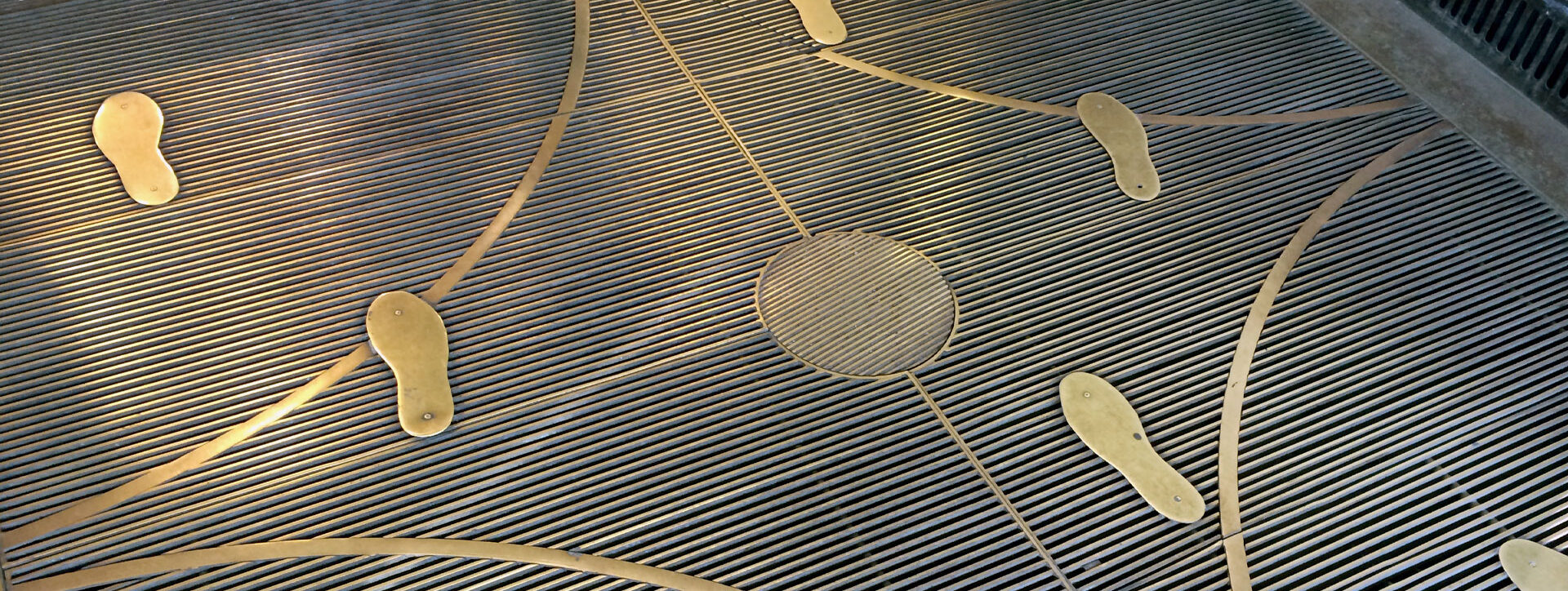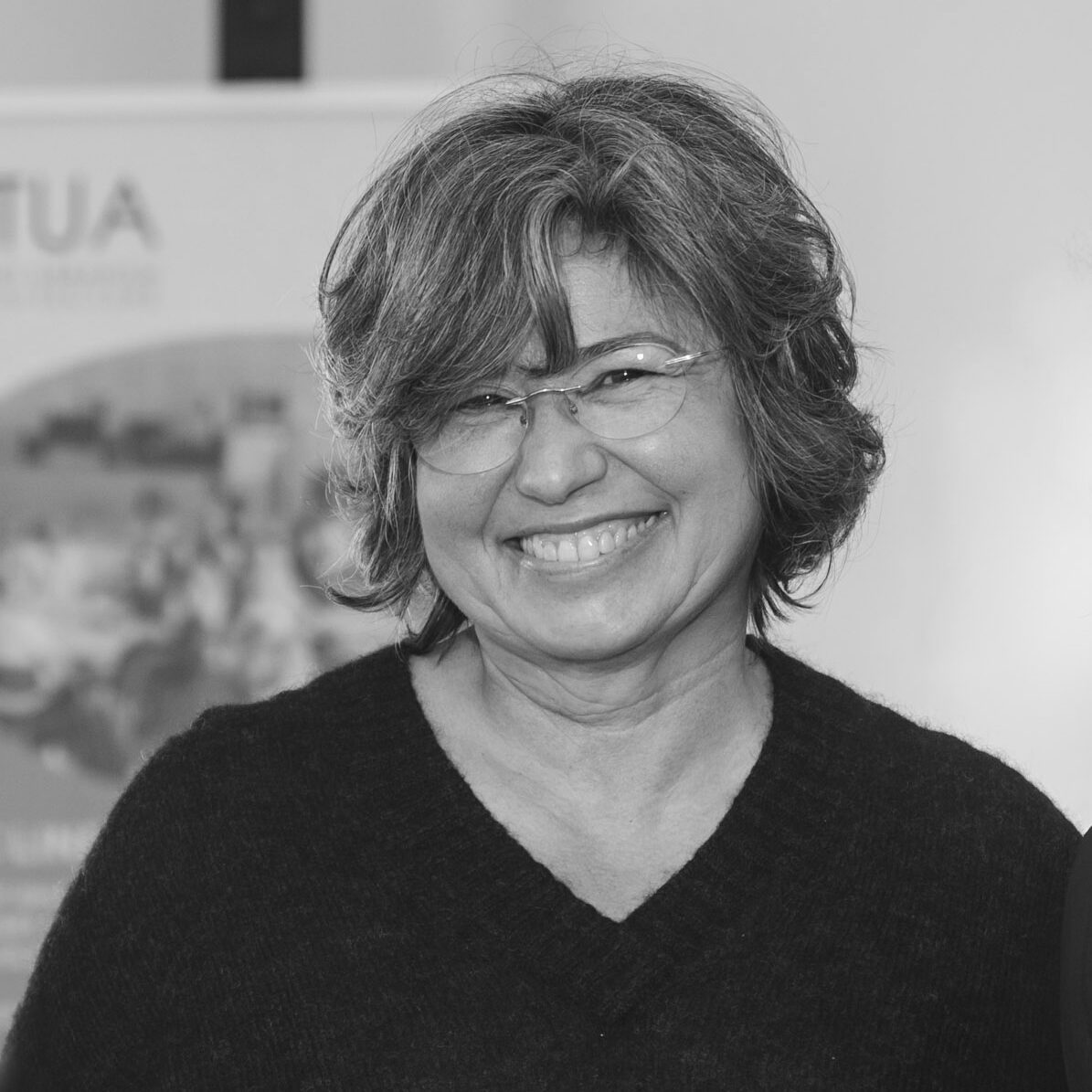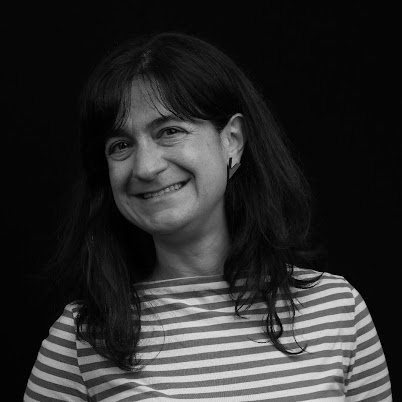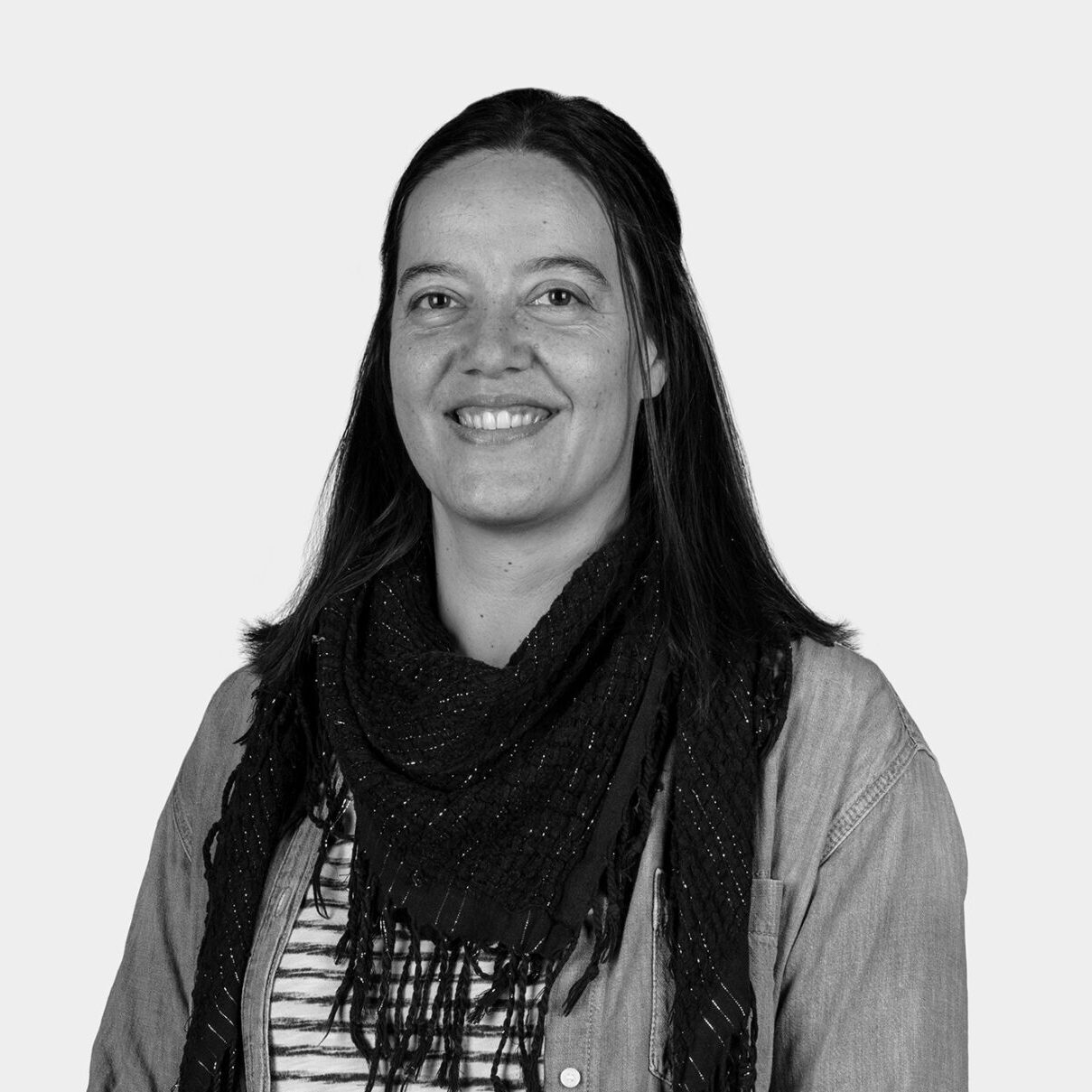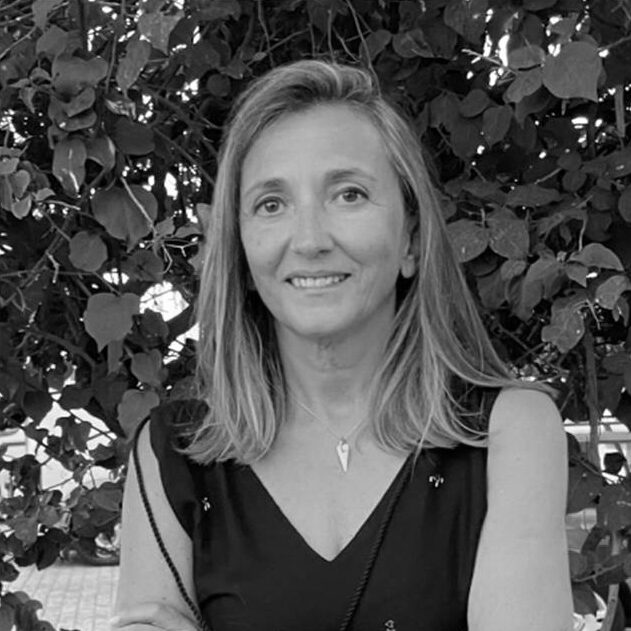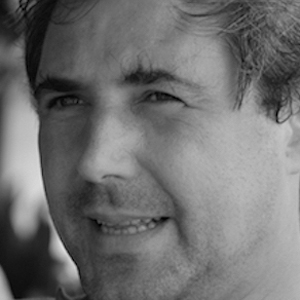THEMATIC AREA > LANDSCAPE
ROBUST – Rural-Urban Outlooks: Unlocking Synergies
Also appears in: Concluded, Institutional Funding, International, Landscape
This is an H2020 funded project with the duration of 4 years starting in 2017. The aim of the project is to challenge the dichotomy of urban and rural spaces where urban is associated to innovation and consumption while the countryside remains a place for food production, nature conservation and recreation. As the stereotype holds the differences are blurring. This project aims to understand what are communalities and conflicts in order to move forwards in bringing out synergies and new development models. The partnership includes the following institutions: Aberystwyth University (UK), Baltic Studies Centre (Latvia), ICLEI – Local Governments for Sustainability, European Secretariat (Germany), Natural Resources Institute Finland (Finland), OIKOS – Development Consulting (Slovenia), Peri-Urban Regions Platform Europe (Belgium), Policy Research Consultancy (Germany), University of Gloucestershire – Countryside and Community Research Institute (UK), University of Lisbon – Instituto Superior Técnico (Portugal), University of Pisa (Italy), University of Valencia (Spain), Wageningen University (The Netherlands) and Federal Institute for Mountainous and Less-Favoured Areas (Austria).
The participation in this project links into the findings of the PERIURBAN project lead by IST/CERIS and into the work developed in the context of COLEGIO F3 of the University of Lisbon.
To know more about this project access here.
Project Duration: June 2017 – November 2021
Funding Institution: Horizon 2020
Project Reference: 10.3030/727988
MiLAND - The impact of migration on landscape identity in an urban and a rural context
Also appears in: Concluded, International, Landscape, Landscape Outcomes
The interactions between people and their surroundings play an important role in the construction of their identities. We know the landscape we live in, we interact with it daily and in doing so, we make it our home. Feeling at home in our surroundings plays an important role in our quality of life. People sometimes struggle severely with being displaced when for example peoples’ landscape is being turned into a nature area or when people have to flee their home due to war. Even when people voluntarily migrate, it often proves a struggle to settle in their new surroundings. The places in which people have lived previously, shape how they are connected to the landscape they live in. Migrants for example often value features in the landscape which remind them of their home. Also, people’s cultural background and values shared with the local community have an impact on how they perceive and value their surroundings. Major differences between how migrants and natives view their landscape can contribute to segregation. This research will, therefore, address these issues, investigating differences in how migrants and natives identify with the local landscape and trying to uncover underlying factors that influence the effects of migration on people’s landscape identity. This research project is divided into four different phases: participatory landscape character assessment, focus groups, surveys, and in-depth interviews. These steps will be applied in rural and urban areas in both Belgium and Portugal to understand the processes of landscape identity formation across different contexts.
Project Duration: October 2021 – 2025
Funding Institution: Research Foundation Flanders
AfricaHabitat – From the Sustainability of the Habitat to the Quality of Inhabit in the Urban Margins of Luanda and Maputo
Also appears in: Concluded, Landscape, National, Research & Development
The project deals with forms of socio-urbanistic and housing intervention in the urban margins of African cities of Lusotopie, in the new millennium, focusing on those that contribute to improving the quality of inhabit and the sustainability of habitat of low-income groups. In the current context of accelerated urbanisation, globalisation and increasing socio-spatial inequalities, inscribed in the neoliberal paradigm, it is urgent to reflect on the impact of such interventions, as well as on how to construct a more inclusive habitat and on how and what to do to reinforce them. Luanda and Maputo, with similar structural constraints, are taken as case studies.
The main objective is to identify and differentiate interventions in the urban margins, attending to the type of housing situations, to intervention processes and to their impact, as well as to contribute to an increased understanding and dissemination of these interventions.
This project has 9 partners, 5 in Portugal, 2 in Angola and 2 in Mozambique.
To know more about this project access here.
Project Duration: October 2018 – July 2022
Funding Institution: FCT

